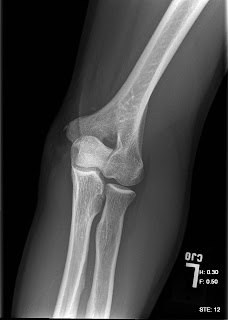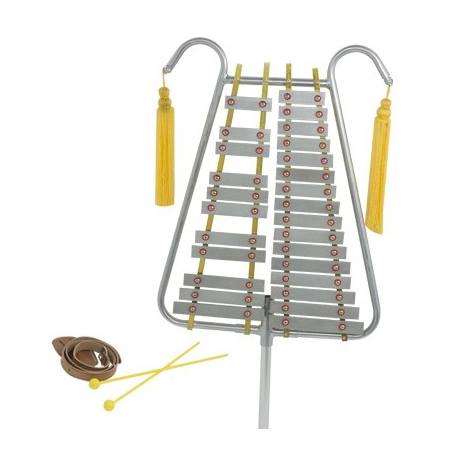It’s complicated. Remember when I said that? I thought I explained it. The simple solutions have not and will not solve a complex problem.
Should teachers and parents teach students to be nice to people, not to bully or harass others? Yes, yes, and yes.
Should adults, teens, and children reach out to make friends? Yes, yes, and absolutely.
Should a student who is socially awkward, disliked, and perhaps emotionally disabled suddenly find himself surrounded by “friends”? No, no, and no.
Kids, whether children or teens, know true interactions from false. They know when someone’s being sincere and when someone is just condescending. They recognize the patronizing metaphorical pat on the head. They can sense when a teacher pushes kids to approach them, pretending the interaction is spontaneous.
Kids, and most adults, too, for that matter, have a built-in BS detector. “Sit by that kid at lunch and he won’t become the next school shooter.” Um, no. No. Not effective.
I saw a social skills activity taking place at a middle school that actually made sense. Each student received 17 sticky notes – one for each death at Stoneman-Douglas High School in Parkland, Florida. On each sticky note, they were instructed to write something positive. A compliment, perhaps, or a kind word. They were assigned to place the sticky notes on the lockers of seventeen different students in the building.
On the positive side: Not a locker was untouched. Every single student received at least one positive affirmation sticky note. I presume the lockers were labeled, and students knew where to find their friends’ and acquaintances’ lockers.
On the negative side: These were anonymous affirmations. The recipients didn’t know who wrote them, why they wrote them, or if they really meant what they said.
And there’s the rub. Writing 17 sticky notes is symbolic and can be part of the healing process. But if the intention is to prevent someone from becoming violent, to reach out and touch someone before it’s too late, this activity won’t do it. If the sticky note affirmations are for the writers, then yes, it’s an effective social skills lesson. If the aim is to build up the angry loner, well, sorry folks, this kind of act is meaningless.
Damn, I wish I were wrong.


